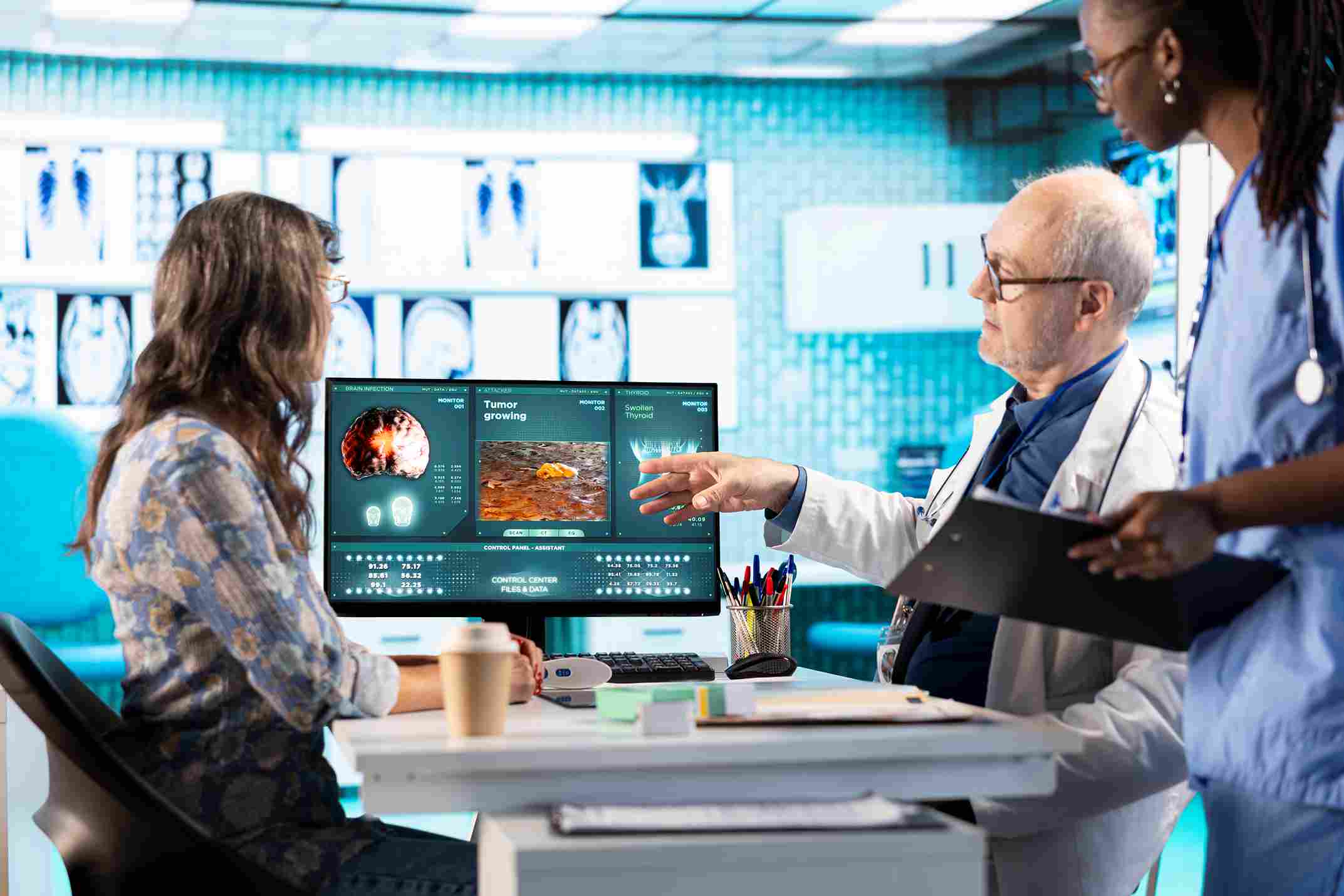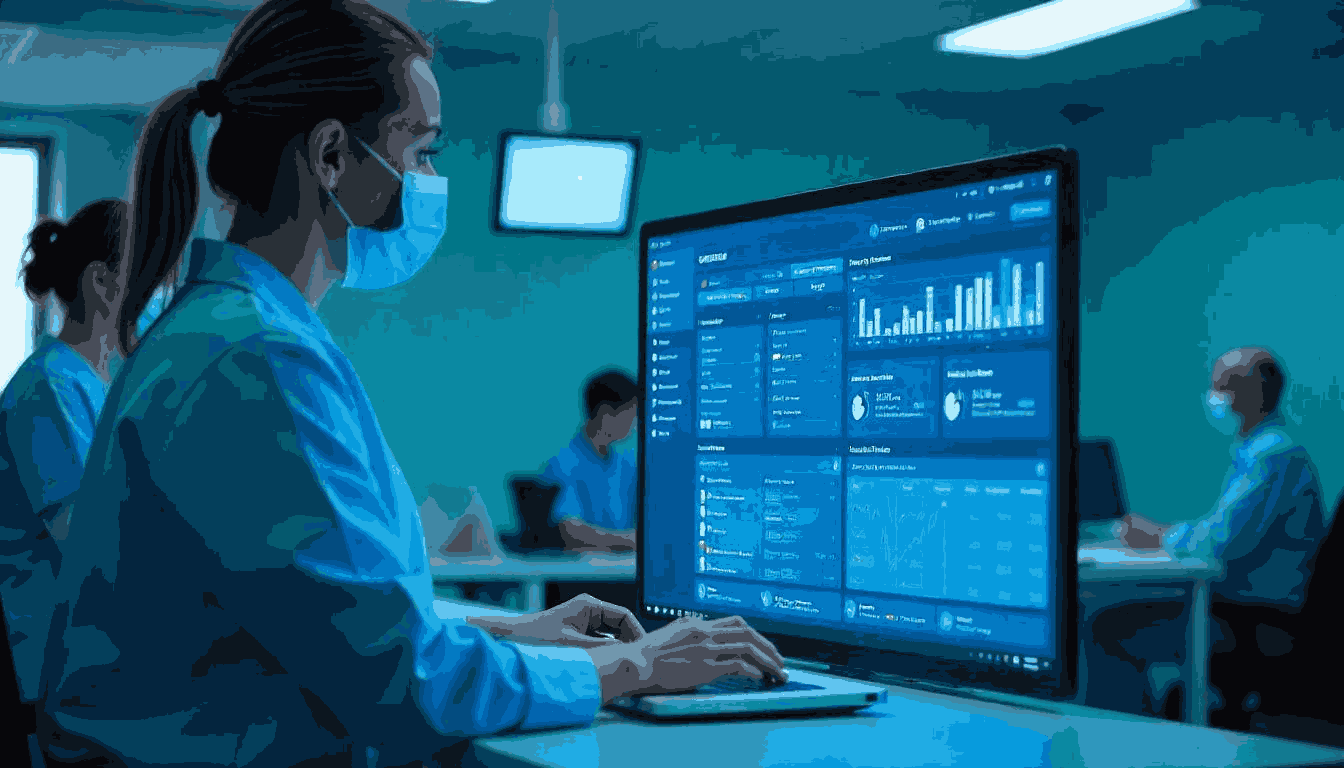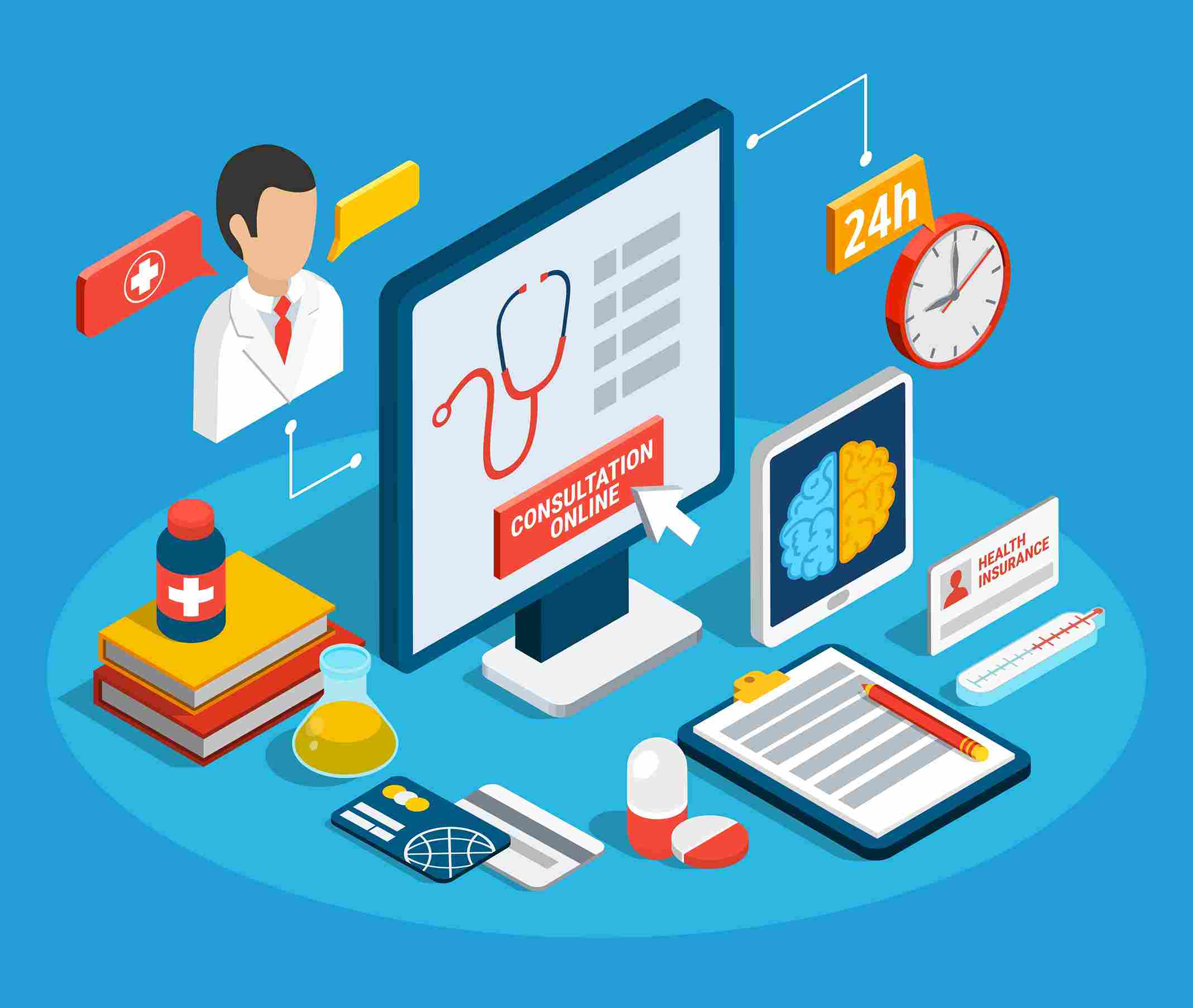
A Hospital Management System (HMS) has become the backbone of modern healthcare, transforming how hospitals, clinics, and healthcare facilities operate. As the healthcare industry grows more complex, the need for efficient, secure, and integrated management systems has never been greater. This comprehensive guide will help you understand what a hospital management system is, its core features, benefits, and why it’s essential for today’s healthcare landscape.
Understanding Hospital Management System
A Hospital Management System is a digital solution designed to streamline, automate, and integrate the diverse processes within a healthcare facility. It acts as a centralized platform for managing medical, administrative, financial, and legal operations, enabling healthcare providers to deliver better patient care while optimizing internal workflows.
An HMS typically covers the following areas:
- Patient registration and appointment scheduling
- Electronic medical records (EMR) and health records (EHR)
- Laboratory and radiology management
- Pharmacy and inventory control
- Billing, insurance, and financial management
- Staff and resource scheduling
- Compliance and reporting
This integration ensures that all departments—clinical, administrative, and financial—can communicate and collaborate seamlessly, reducing manual errors and paperwork.
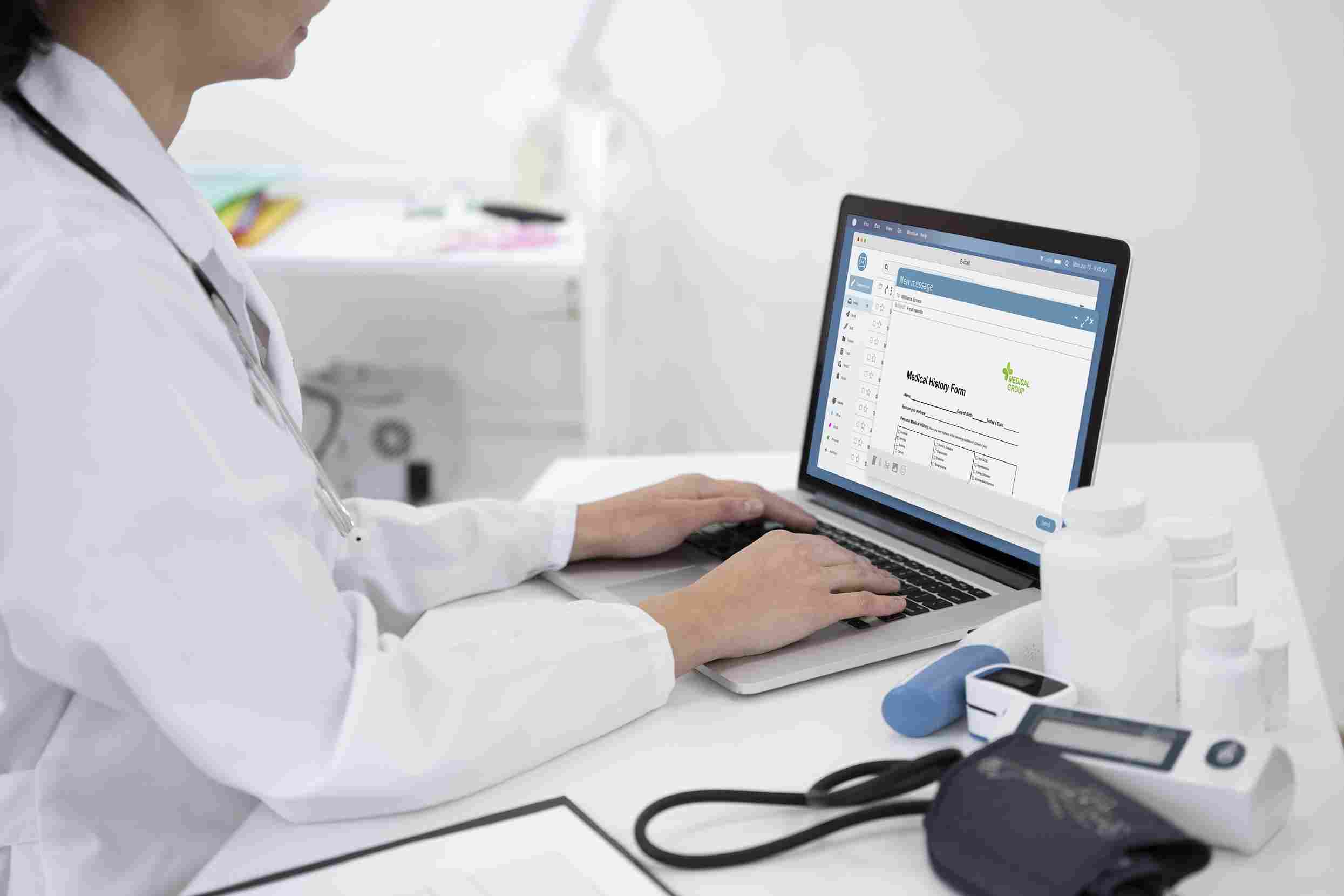
Key Features of Hospital Management System
A robust hospital management system offers a wide range of features tailored to the needs of healthcare providers. Some of the most important modules and functionalities include:
Patient Registration and Scheduling
Simplifies the onboarding process, manages appointments, and tracks patient demographics and medical history for efficient follow-up care.
Electronic Health Records (EHR/EMR)
Digitally stores patient information, including visit history, diagnoses, prescriptions, and treatment plans, ensuring continuity of care.
Appointment and Queue Management
Automates scheduling, reduces wait times, and improves patient flow throughout the facility.
Billing and Insurance Processing
Manages invoices, insurance claims, and payments, reducing administrative overhead and minimizing billing errors.
Laboratory and Radiology Integration
Automates test ordering, result tracking, and report sharing between departments for faster diagnostics.
Pharmacy and Inventory Management
Tracks medication stock, automates reordering, and reduces wastage of medical supplies.
Operation Theatre and Ward Management
Schedules surgeries, manages bed occupancy, and coordinates resources for optimal utilization.
Analytics and Reporting
Generates real-time reports on patient flow, revenue, occupancy, and more, supporting data-driven decision-making.
Mobile and Patient Portals
Allows patients and doctors to access information, schedule appointments, and communicate securely via mobile apps or web portals.
Security and Compliance
Ensures patient data privacy with encrypted storage and role-based access, meeting regulatory requirements.
Why Hospitals Need a Management System
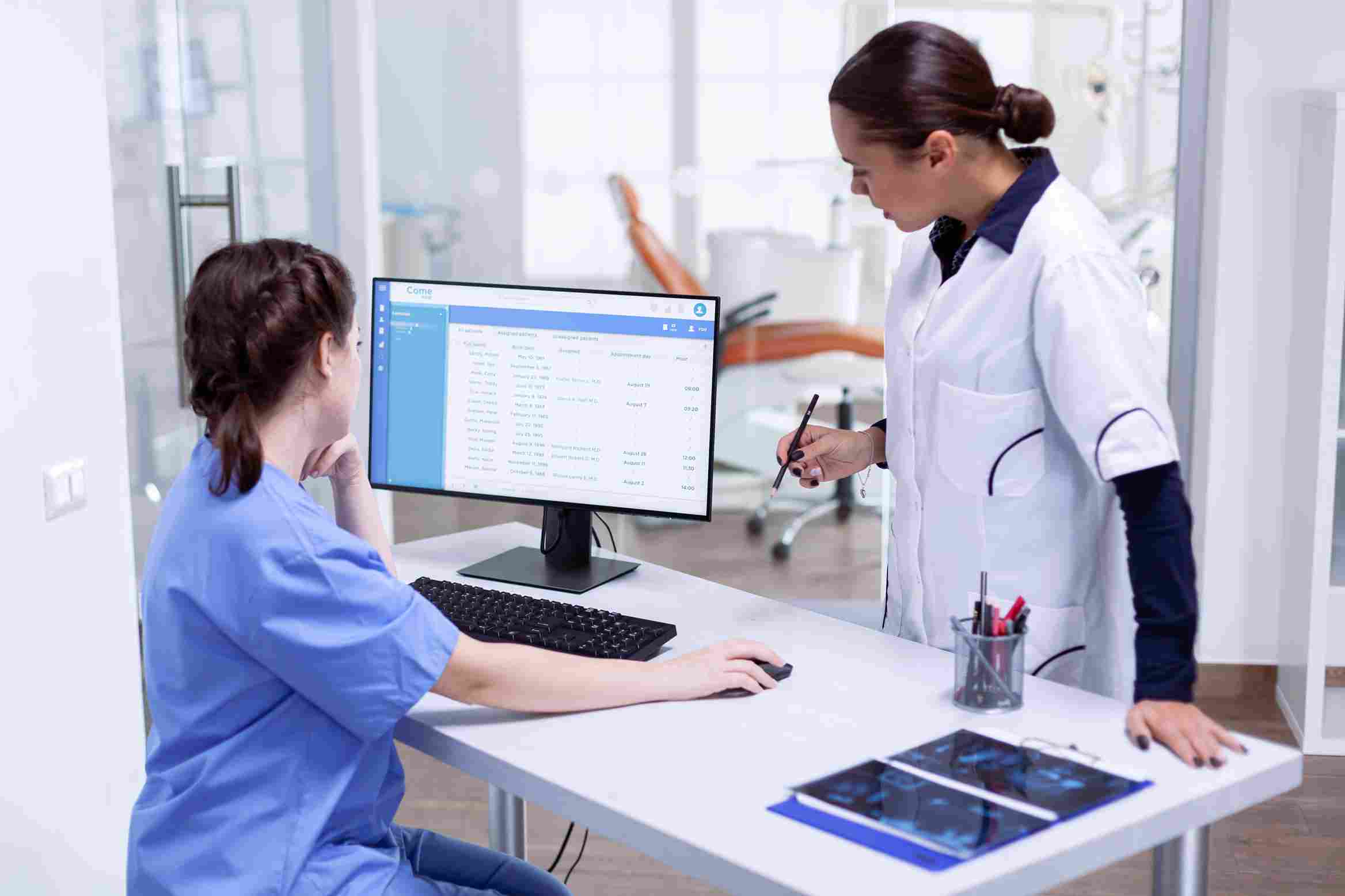
Modern hospitals are complex ecosystems juggling patient care, administrative tasks, and financial operations. Traditional paper-based systems are slow, prone to errors, and make it difficult to handle large volumes of data.
A hospital management system addresses these challenges by:
Reducing Administrative Burden
Automates routine tasks like scheduling, billing, and record-keeping, freeing up staff to focus on patient care.
Enhancing Patient Care
Provides instant access to accurate patient data, enabling healthcare providers to make informed decisions and offer personalized treatment.
Improving Efficiency
Streamlines workflows across departments, reduces duplication of work, and minimizes delays in patient care.
Ensuring Data Security
Protects sensitive patient information with advanced security protocols and compliance features.
Supporting Financial Health
Optimizes billing, reduces claim denials, and provides transparency in financial transactions.
Enabling Scalability
Cloud-based HMS solutions allow easy access from multiple devices, supporting remote consultations and telemedicine.
Benefits of Hospital Management System
Implementing a hospital management system brings numerous advantages for healthcare providers, patients, and administrators alike:
Improved Patient Experience
Faster registration, reduced wait times, and easy access to medical records enhance patient satisfaction.
Operational Efficiency
Automated workflows eliminate redundant tasks, reduce manual errors, and optimize resource allocation.
Cost Savings
Reduces administrative overhead, minimizes wastage, and streamlines billing processes, leading to significant cost reductions.
Data-Driven Decisions
Real-time analytics and reporting provide actionable insights for better management and strategic planning.
Regulatory Compliance
Ensures adherence to healthcare regulations and standards, reducing legal risks.
Enhanced Communication
Facilitates secure communication between patients, doctors, and staff, improving care coordination.
Hospital Management System in the Digital Age
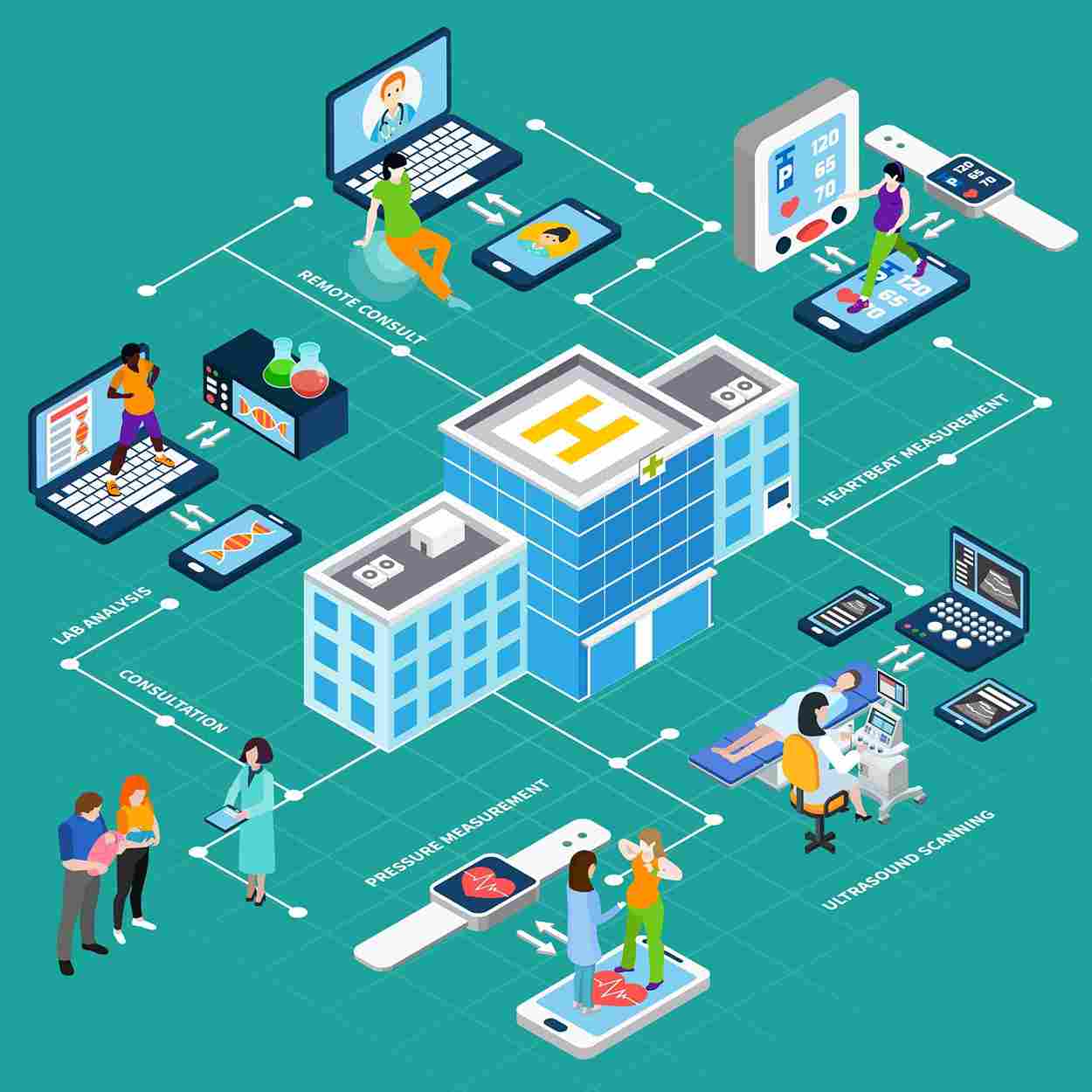
With the rise of cloud computing and mobile technologies, hospital management systems have evolved to offer even greater flexibility and accessibility. Modern HMS solutions are often cloud-based, enabling healthcare providers to access data securely from any location and device. Integration with telemedicine platforms, mobile apps, and wearable devices further enhances patient engagement and remote care capabilities.
Customization is another key aspect – an HMS can be tailored to the unique needs of each hospital, whether it’s a small clinic or a multi-specialty hospital. This adaptability ensures that healthcare facilities can scale their operations and adopt new technologies as the industry evolves.
Choosing the Right Hospital Management System
Selecting the best HMS for your facility involves considering several factors:
Feature Set
Ensure the system covers all essential modules—clinical, administrative, and financial.
Integration Capabilities
Look for solutions that easily integrate with existing systems and third-party applications.
User Experience
The interface should be intuitive for both medical and administrative staff, reducing training time.
Security and Compliance
Verify that the HMS meets industry standards for data protection and regulatory compliance.
Scalability
Choose a system that can grow with your facility and adapt to changing needs.
Vendor Support
Reliable customer support and regular updates are crucial for long-term success.
A Hospital Management System is not optional now, but a necessity for healthcare providers aiming to deliver high-quality, efficient, and patient-centric care. By automating and integrating core processes, an HMS empowers hospitals to overcome operational challenges, improve patient outcomes, and stay competitive in an increasingly digital world.
Whether you’re a hospital administrator, healthcare provider, or IT professional, understanding the role and benefits of an HMS is essential for navigating the future of healthcare. Investing in a robust hospital management system is a strategic move that pays dividends in efficiency, patient satisfaction, and overall organizational success.
If you’re considering implementing a hospital management system or want to know more about how it can transform your healthcare facility, reach out to our team for a personalized consultation.
